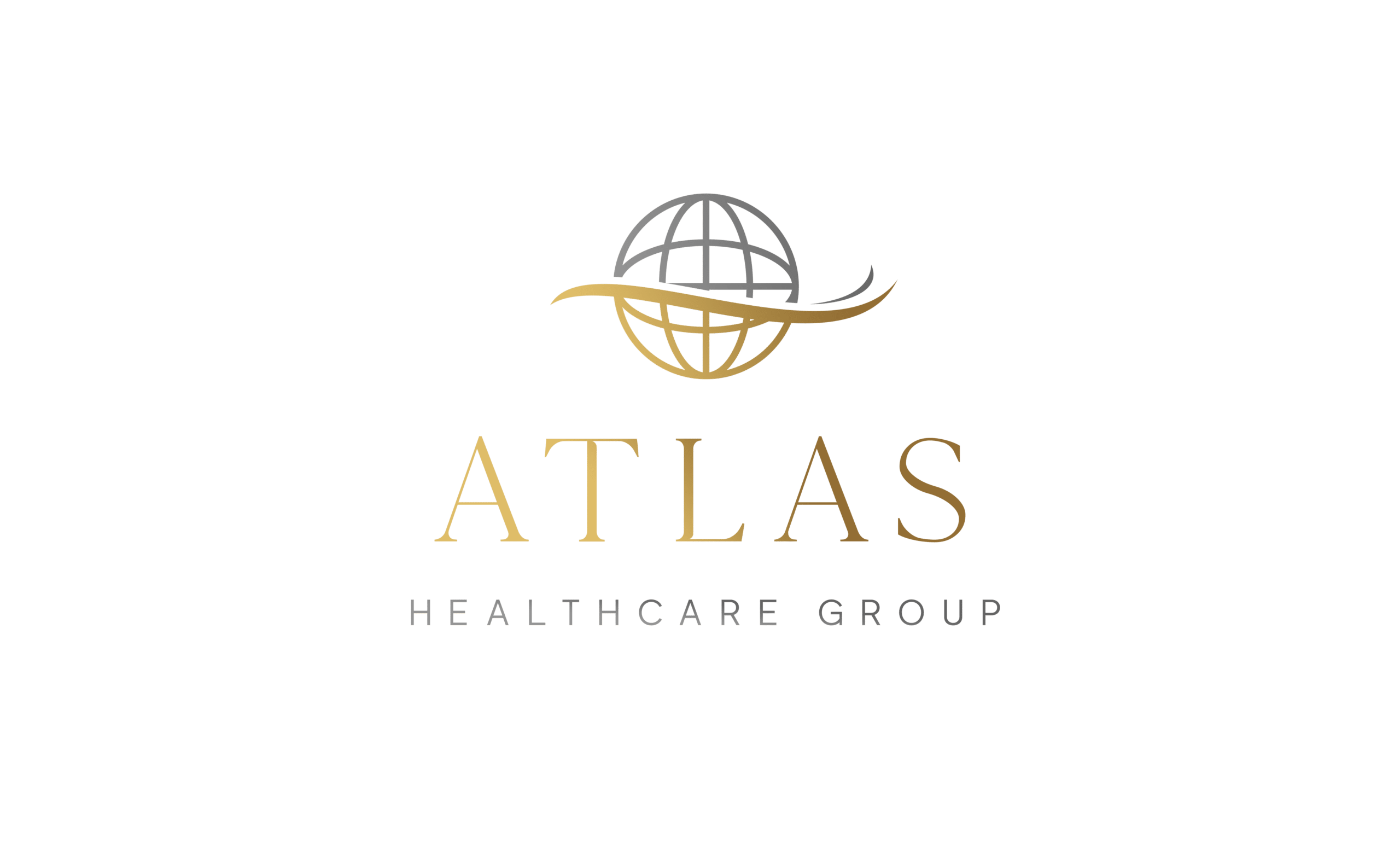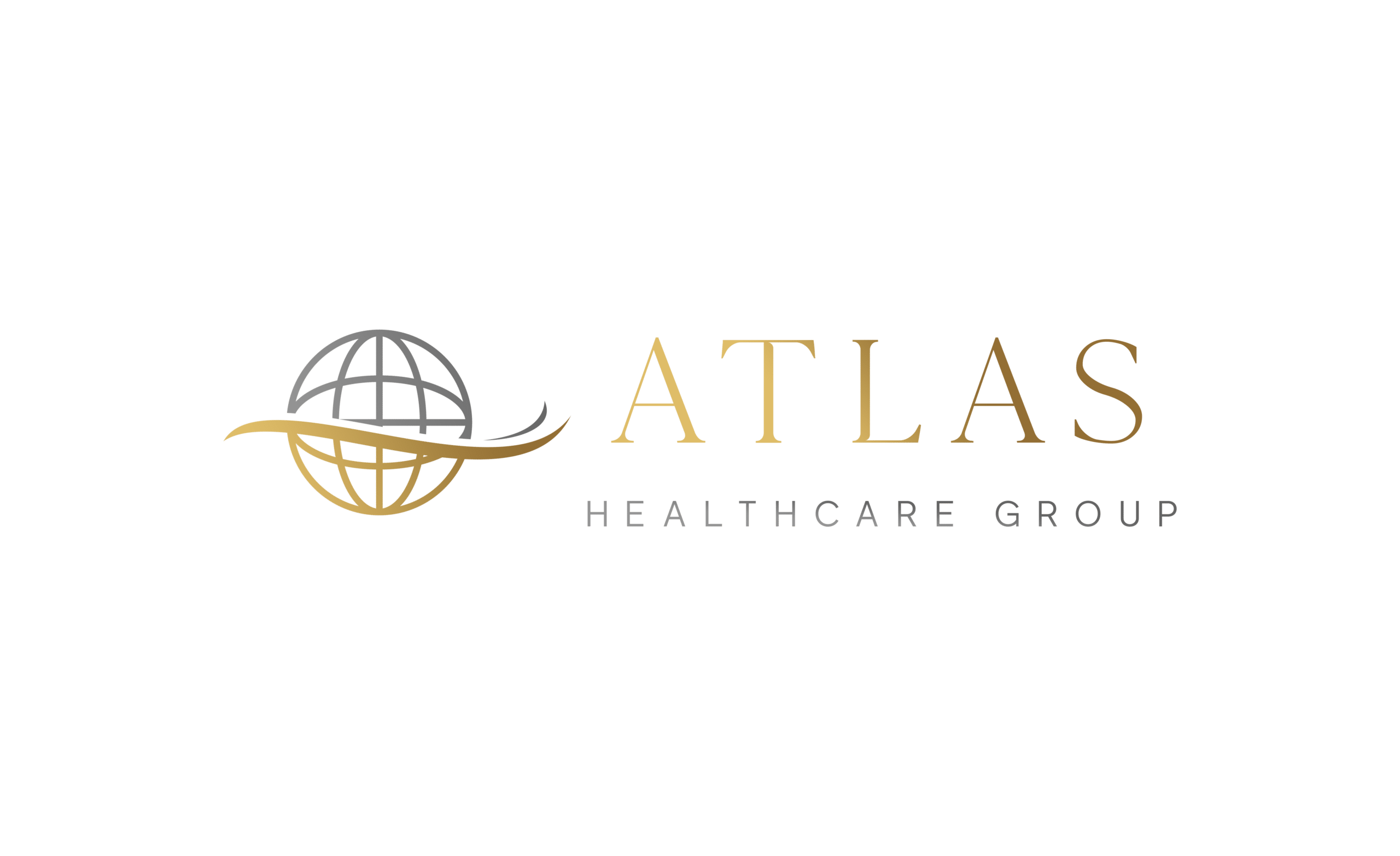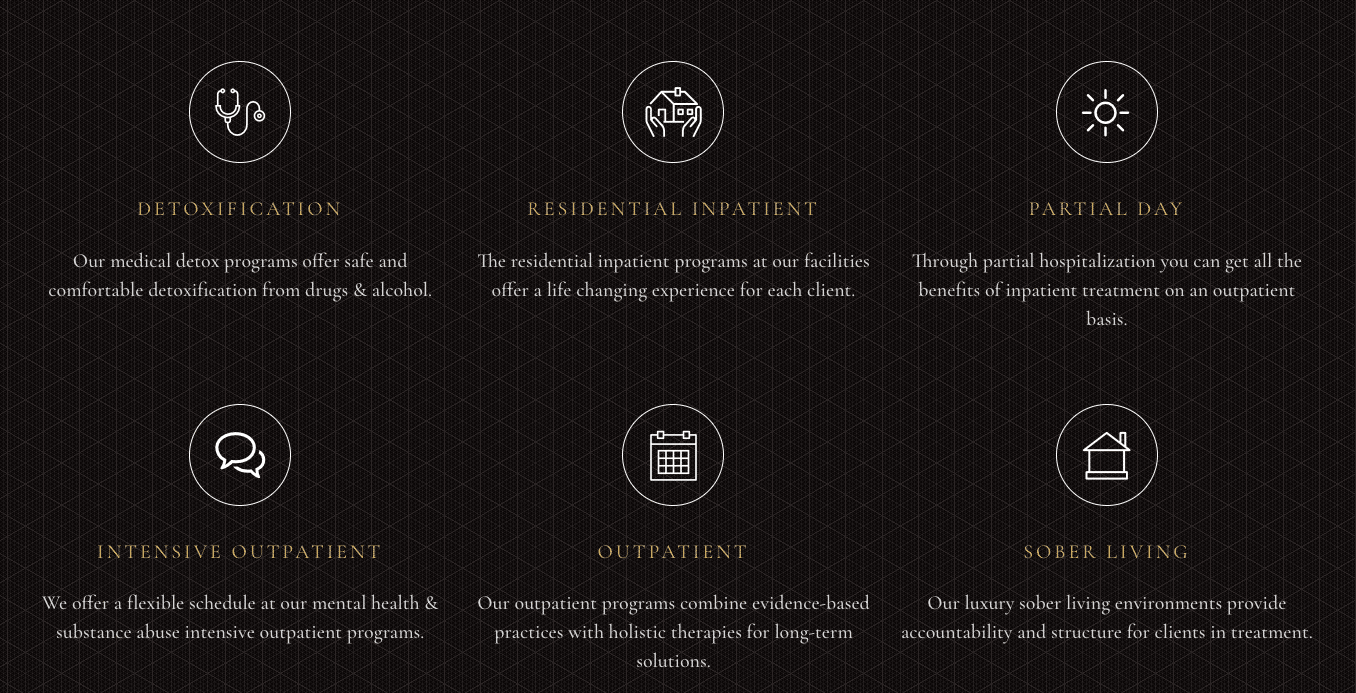Best Practices for Referring Patients to Specialized Addiction Treatment Programs
Addiction is a complex and pervasive issue that affects millions of people worldwide. While many individuals struggle with substance use disorders, not all receive the specialized care they need. One critical aspect of addressing addiction is referring patients to specialized addiction treatment programs. This process plays a pivotal role in helping individuals overcome their addiction and regain control of their lives. In this blog, we will discuss best practices for healthcare professionals when referring patients to specialized addiction treatment programs.
- Comprehensive Assessment
Before making a referral, healthcare professionals should conduct a comprehensive assessment of the patient’s addiction and overall health. This assessment should include a detailed medical history, a review of the substances being used, a mental health evaluation, and an assessment of the patient’s social and environmental factors. A thorough assessment helps in determining the most appropriate treatment plan and ensures that the patient’s specific needs are addressed.
- Establish Trust and Open Communication
Establishing trust and maintaining open communication with the patient is essential. Patients struggling with addiction often face feelings of guilt, shame, and fear of judgment. Healthcare professionals must create a safe and non-judgmental environment where patients feel comfortable discussing their addiction. Building trust and maintaining open communication can encourage patients to be more honest about their substance use, making it easier to recommend appropriate treatment options.
- Educate Patients and Their Families
Education is a crucial part of the referral process. Healthcare professionals should educate both the patient and their family members about addiction, treatment options, and what to expect during the recovery journey. Providing accurate information can help patients and their loved ones better understand the nature of addiction and reduce misconceptions, stigma, and fear.
- Tailored Treatment Recommendations
Not all addiction cases are the same, and treatment should be tailored to meet each patient’s unique needs. After the assessment, healthcare professionals should recommend specialized addiction treatment programs that align with the patient’s specific circumstances. This may include inpatient or outpatient treatment, detoxification, counseling, medication-assisted treatment (MAT), or a combination of these approaches.
- Collaborative Care
Collaboration among healthcare professionals is essential in ensuring the best outcomes for patients seeking addiction treatment. Referring patients to specialized addiction treatment programs should involve close coordination with addiction specialists, therapists, counselors, and social workers. This interdisciplinary approach ensures that patients receive holistic care addressing both their physical and psychological needs.
- Holistic Approach
Effective addiction treatment goes beyond just addressing substance use. It should also address the underlying causes and associated mental health issues. Healthcare professionals should seek specialized programs that take a holistic approach to treatment, including therapy, support groups, nutritional guidance, and exercise, to help patients achieve long-term recovery and overall well-being.
- Access to Evidence-Based Treatment
Referring patients to evidence-based addiction treatment programs is crucial. Evidence-based practices have been rigorously tested and proven effective in treating addiction. These programs use therapies and interventions with a strong scientific basis, increasing the likelihood of positive outcomes. Healthcare professionals should be knowledgeable about the latest research and recommend programs that incorporate evidence-based approaches.
- Continuous Monitoring and Follow-Up
Referring a patient to a specialized addiction treatment program is not the end of the journey. Continuous monitoring and follow-up are essential to ensure that the patient is making progress and receiving the necessary support. Healthcare professionals should maintain contact with the treatment facility and be prepared to adjust the treatment plan as needed based on the patient’s response.
- Support and Aftercare
Addiction recovery is an ongoing process that extends beyond the initial treatment phase. Healthcare professionals should help patients access aftercare and support services that can assist in their transition back to daily life. This may include 12-step programs, individual therapy, family therapy, and vocational training.
- Cultural Sensitivity
Finally, healthcare professionals should be culturally sensitive when referring patients to specialized addiction treatment programs. Addiction affects individuals from all backgrounds, and treatment should be culturally competent and respectful of diverse beliefs and values. Consideration of cultural factors can enhance the effectiveness of addiction treatment.
Conclusion
Referring patients to specialized addiction treatment programs is a critical step in helping individuals overcome addiction and lead healthier lives. By following best practices, healthcare professionals can ensure that their patients receive the most appropriate and effective care. A comprehensive assessment, open communication, tailored recommendations, collaboration, evidence-based treatment, continuous monitoring, and cultural sensitivity are all essential elements of this process. By implementing these best practices, healthcare professionals can contribute to the successful recovery of their patients and reduce the impact of addiction on individuals, families, and communities.










